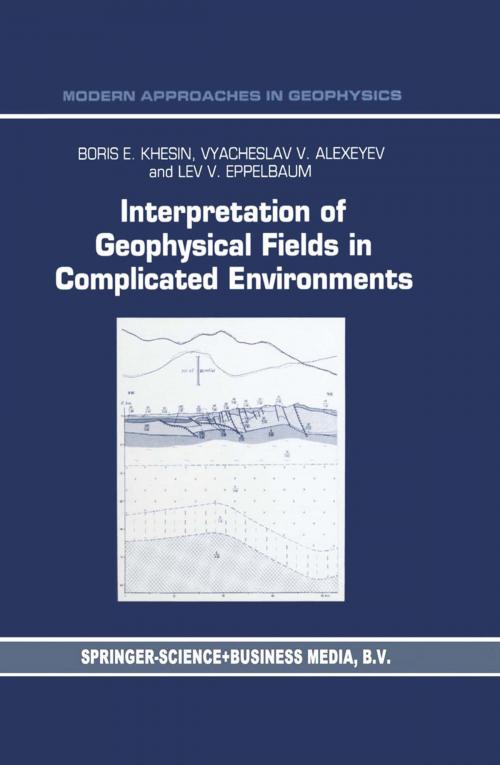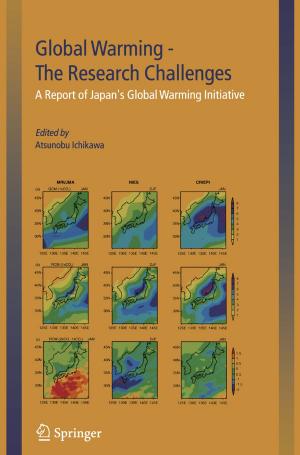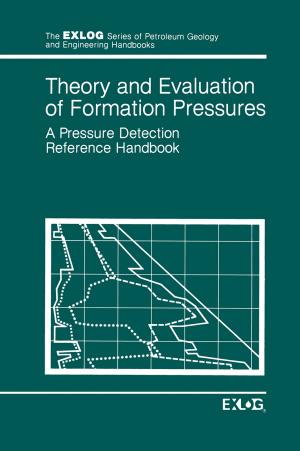Interpretation of Geophysical Fields in Complicated Environments
Nonfiction, Science & Nature, Science, Earth Sciences, Geophysics, Geology| Author: | B.E. Khesin, V.G. Alexeyev, Lev Eppelbaum | ISBN: | 9789401586139 |
| Publisher: | Springer Netherlands | Publication: | April 17, 2013 |
| Imprint: | Springer | Language: | English |
| Author: | B.E. Khesin, V.G. Alexeyev, Lev Eppelbaum |
| ISBN: | 9789401586139 |
| Publisher: | Springer Netherlands |
| Publication: | April 17, 2013 |
| Imprint: | Springer |
| Language: | English |
Books published during recent years in the field of applied geo physics can be, in general, divided into two main types. The first type covers such multiaspect books as "Introduction to Geophysics", while the second-special works on fundamental theoretical prob lems with an elaborate mathematical description. The books of the first type are mainly intended for beginner students and specialists in adjacent fields. The books of the second type may be useful for teachers and theorists. However, there are also books of another (third) type. These books describe the experience in geophysical in vestigation under specific conditions or propose solutions to concrete geological problems, being a methodological guide for geophysicists and concentrating ideas both for advanced students and researchers. Authors hope to give the readers a book of this kind. Interpretation of geophysical fields is a complex consistent pro cess. Its successful realization requires: (a) knowledge of geological regularities and geological situation; (b) availability of petrophysical support; (c) mathematical methods of solving direct and inverse problems of geophysics (i.e. computation of geophysical fields from a known source and determination of source characteristics from known fields); (d) application of statistical and logico-informational procedures to the analysis and synthesis of observation results for revealing desired objects and peculiarities of the geological structure.
Books published during recent years in the field of applied geo physics can be, in general, divided into two main types. The first type covers such multiaspect books as "Introduction to Geophysics", while the second-special works on fundamental theoretical prob lems with an elaborate mathematical description. The books of the first type are mainly intended for beginner students and specialists in adjacent fields. The books of the second type may be useful for teachers and theorists. However, there are also books of another (third) type. These books describe the experience in geophysical in vestigation under specific conditions or propose solutions to concrete geological problems, being a methodological guide for geophysicists and concentrating ideas both for advanced students and researchers. Authors hope to give the readers a book of this kind. Interpretation of geophysical fields is a complex consistent pro cess. Its successful realization requires: (a) knowledge of geological regularities and geological situation; (b) availability of petrophysical support; (c) mathematical methods of solving direct and inverse problems of geophysics (i.e. computation of geophysical fields from a known source and determination of source characteristics from known fields); (d) application of statistical and logico-informational procedures to the analysis and synthesis of observation results for revealing desired objects and peculiarities of the geological structure.















